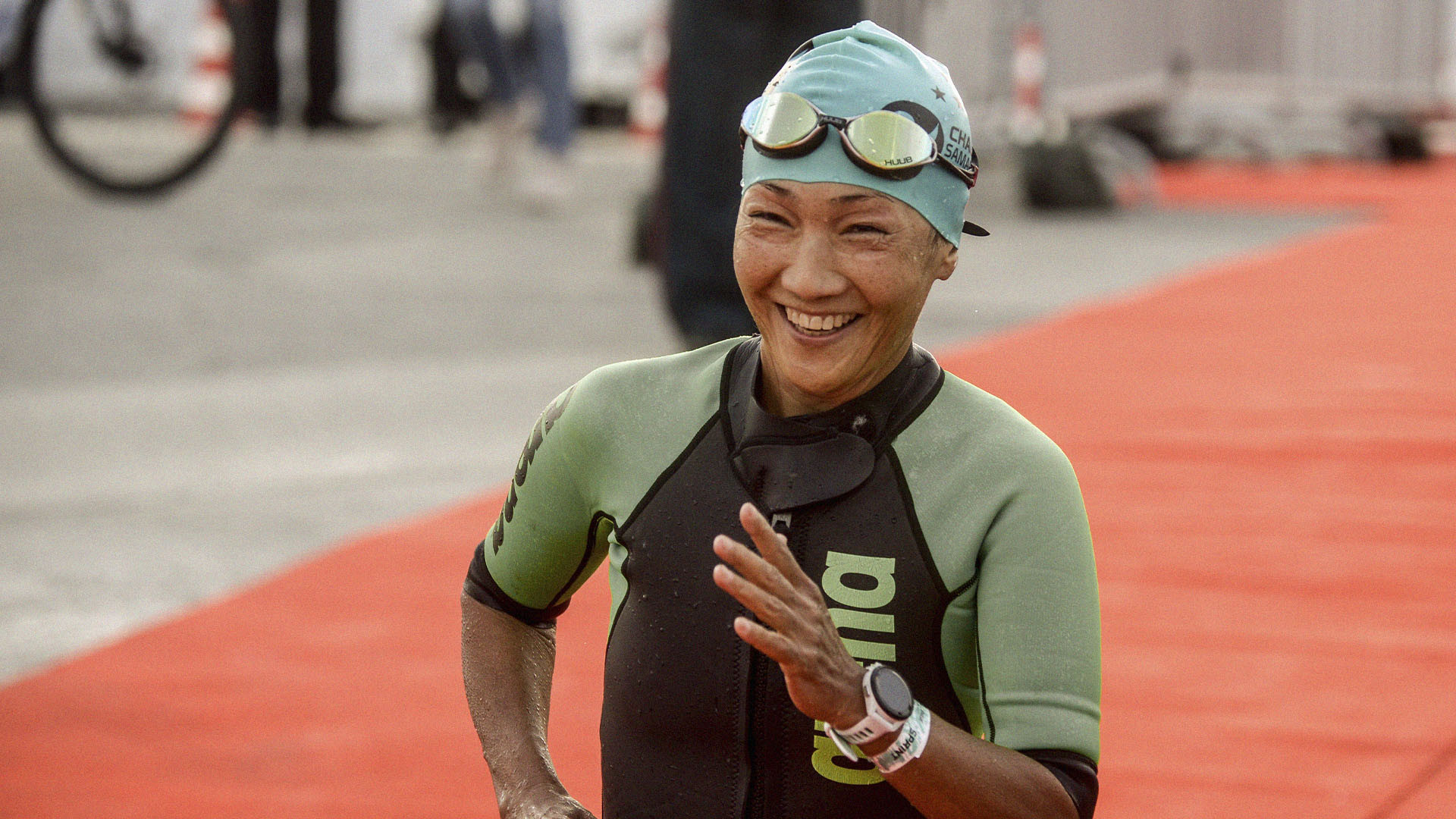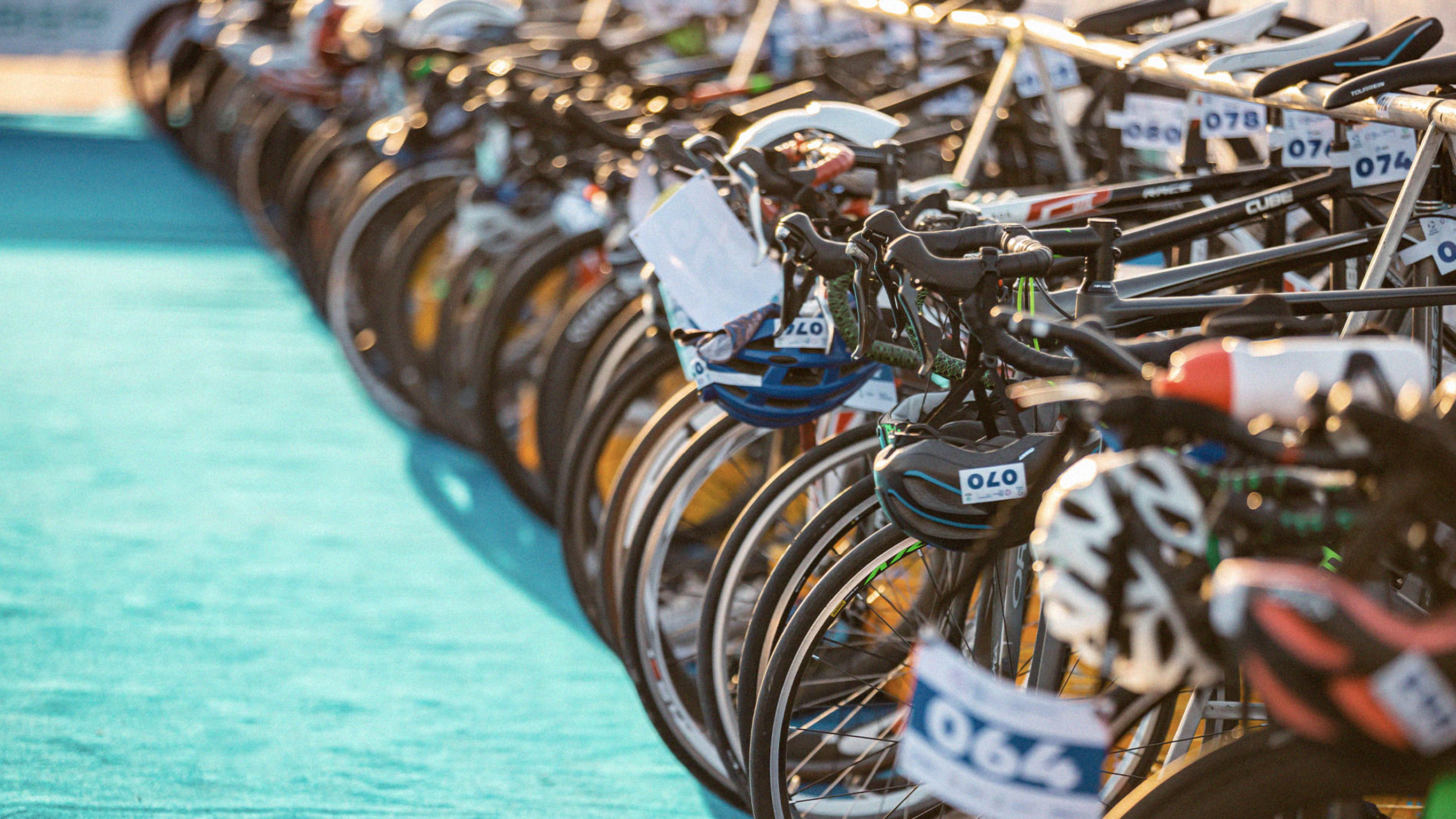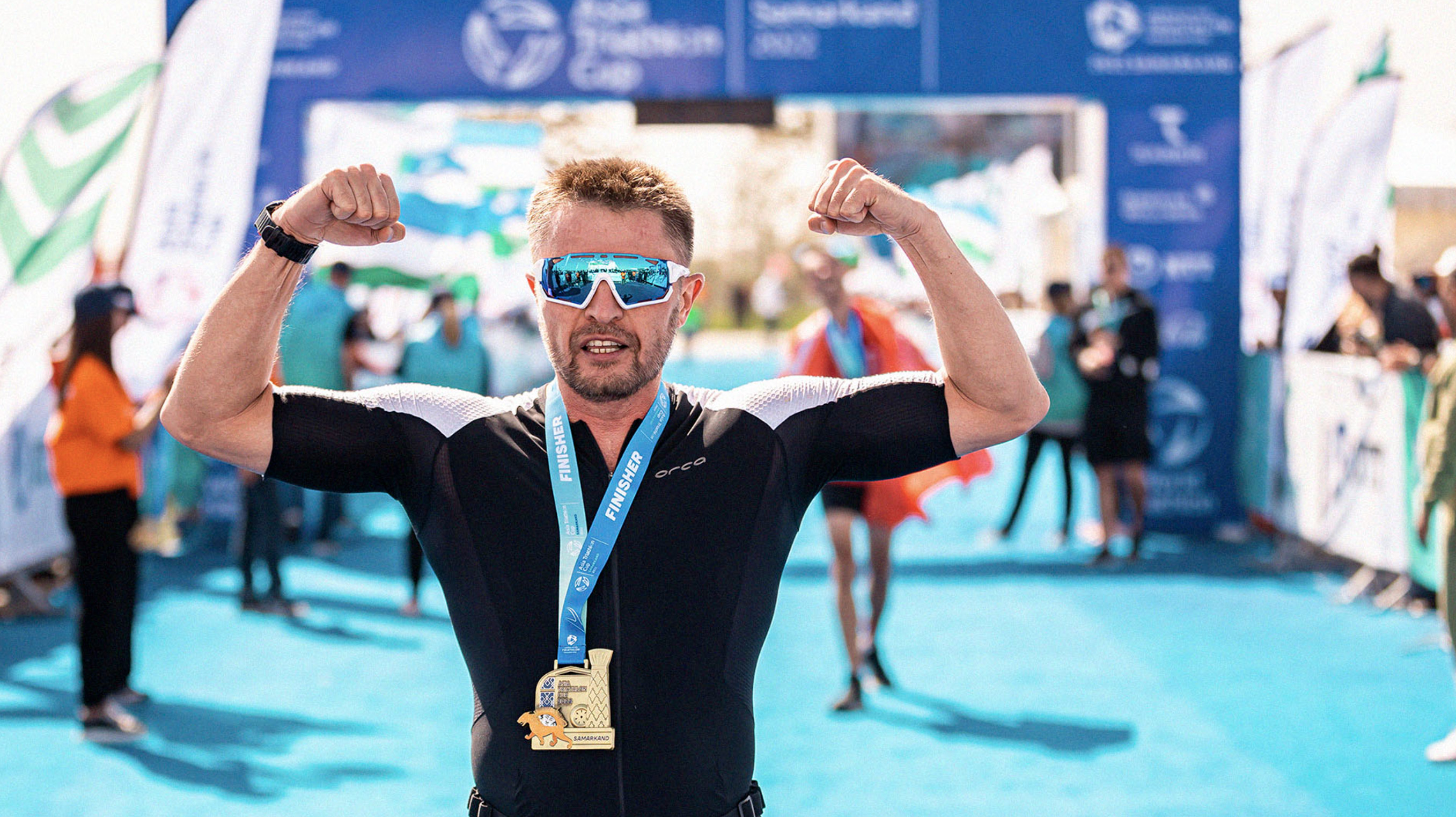- Home
- Recommendations
- Top Tips
- Protein in sport
The Tenenbaum Institute for Science at the University of Toronto held a conference on high-performance sports science. Along with deep dives into exotic topics like NBA player movement data and artificial intelligence in professional sports, participants received a practical introduction to the state of protein knowledge for runners and other athletes from University of Toronto professor Daniel Moore, one of the leading experts in the field.
Moore’s presentation covered a range of widespread myths, misconceptions, and truths about protein.
Protein is not just about muscles
The main goal of training is to initiate a cycle of recovery and adaptation in your body to make it stronger. This recovery process includes replenishing energy stores, hydrating, and repairing cellular damage caused by your training, so your body can recover better.
Typically, we consider protein in the context of recovery — and for good reason. On any given day, you break down 1 to 2 percent of the muscle mass in your body and rebuild it. Intense training increases this number. This means you fully restore your body every two to three months. The protein you consume provides amino acids, which serve as building blocks to repair existing muscles and build new ones.
But protein can also play a role in replenishing energy stores and hydration. Daniel Moore points to studies showing that consuming a recovery drink containing carbohydrates and protein, rather than just carbohydrates, after intense exercise helps your muscles restore glycogen — the form in which muscles store carbohydrates — faster. Similarly, there are studies showing that protein can increase fluid retention when you are dehydrated, which is one reason milk is sometimes recommended as a good recovery drink. There are even studies suggesting that protein helps adapt to training in heat more efficiently.
It is worth noting that improved glycogen storage after training with protein only matters if you consume less than the optimal amount of carbohydrates. Moreover, if you are not trying to survive solely on sports drinks, you are likely to get the necessary amount of protein for hydration, heat acclimatization, and so on from regular food. These studies remind us that protein is not just a set of inert building blocks for muscles: it plays numerous roles in your metabolism that are crucial for both health and sports performance.
Protein for runners — because we need it too
The cliché of a gym enthusiast with a jar of protein powder is well-entrenched. Runners are less interested in building muscle and sometimes even actively resist it. Nevertheless, their protein needs may be increased. Repetitive impact during running leads to muscle damage, which requires extra amino acids for recovery. Previous research has shown that endurance athletes can get 5 to 10 percent of their required energy by burning excess protein rather than incorporating it into their muscles.
Moore and his team published a study in which endurance athletes performed a series of runs from 5 to 20 km over several days, then consumed a portion of amino acids labeled with a special molecular marker to track their movement through the body. This method allows scientists to determine how much protein is incorporated into muscles and how much excess protein is burned as fuel. By repeating the running protocol with various levels of protein intake, they can determine how much protein is needed to meet the body’s muscle recovery needs before you simply start burning the excess for energy.
On average, they found that runners need about 1.6 grams of protein per kilogram of body weight per day to maximize muscle building and recovery. The average means that half of the runners met their needs, and half did not; a safer threshold, at which 95 percent of runners meet their protein needs, is 1.8 to 1.9 g/kg/day. By comparison, the recommended daily allowance (RDA) for protein is only 0.8 g/kg/day, and previous recommendations for endurance athletes were from 1.2 to 1.4 g/kg/day.
Thus, the conclusion is that protein is important for runners, and endurance athletes need more protein than the average person. But there’s another nuance. Endurance athletes also need more calories overall than the average person. When you train intensely, there is a high likelihood that you will eat so much that you get all the protein you need without extra effort. A study of Dutch endurance athletes showed that they consumed 1.5 g/kg/day, which is at least close to Moore’s figures. So you don’t need to get overly obsessed with protein.
More protein means more muscles?
It’s worth comparing these figures with recent data on what’s needed to optimize strength and muscle growth. The best current evidence is summarized in a 2018 meta-analysis in the British Journal of Sports Medicine, which combined the results of 49 studies on protein supplements and strength training.
The key finding is that consuming more protein leads to greater muscle mass gains — up to a certain limit. This limit in their analysis was 1.6 g/kg/day, beyond which increasing protein intake did not yield larger muscles. The data is fairly varied, so I wouldn’t take this figure as the final word on the topic, but it’s noteworthy that it roughly aligns with the estimated need for endurance athletes. Overall, at this point, the evidence does not support the idea that mega-doses of protein are beneficial.
While the connection between protein intake and muscle mass (up to 1.6 g/kg/day) was clear, the link between protein intake and strength was much weaker. Clearly, there is a connection between muscle mass and strength, but strength gains also depend on neural adaptations and skill development in the exercise you are testing. The positive aspect of this is that you can significantly increase strength even if you don’t build much new muscle mass.
Four rules of protein
It’s easy to get lost in the details, like leucine levels, recommended norms, and optimal timing windows.
Four practical tips for athletes aiming to get the most out of their training:
- Consume regularly spaced meals and snacks, with intervals of three to five hours. The diet should be varied.
- Aim for ~0.3 g/kg/day of protein each time.
- Focus on real food whenever possible.
- Ensure you meet your overall daily energy and macronutrient needs.





